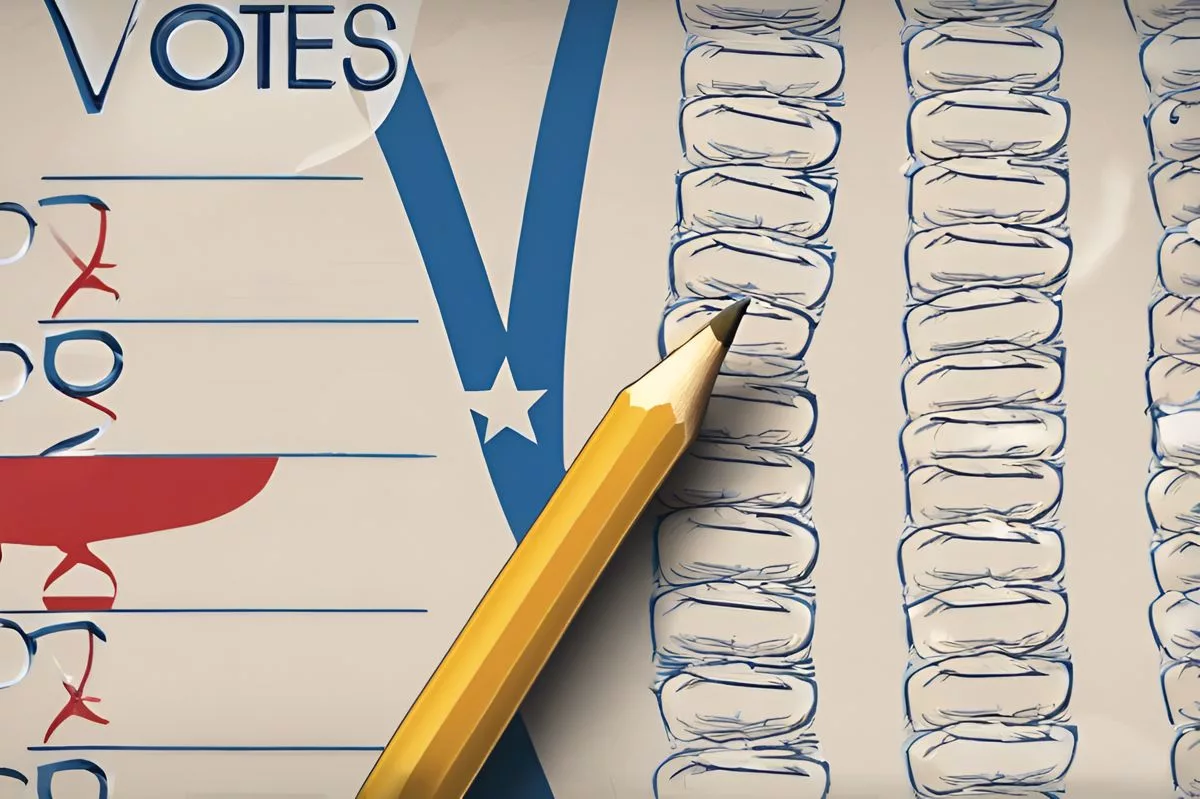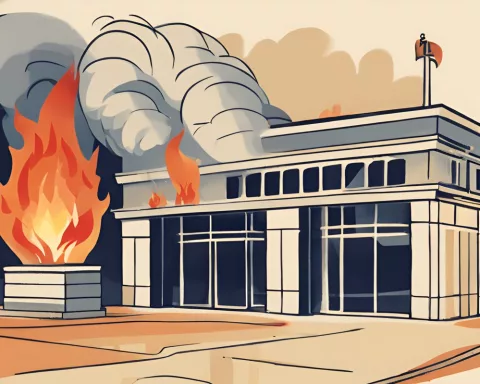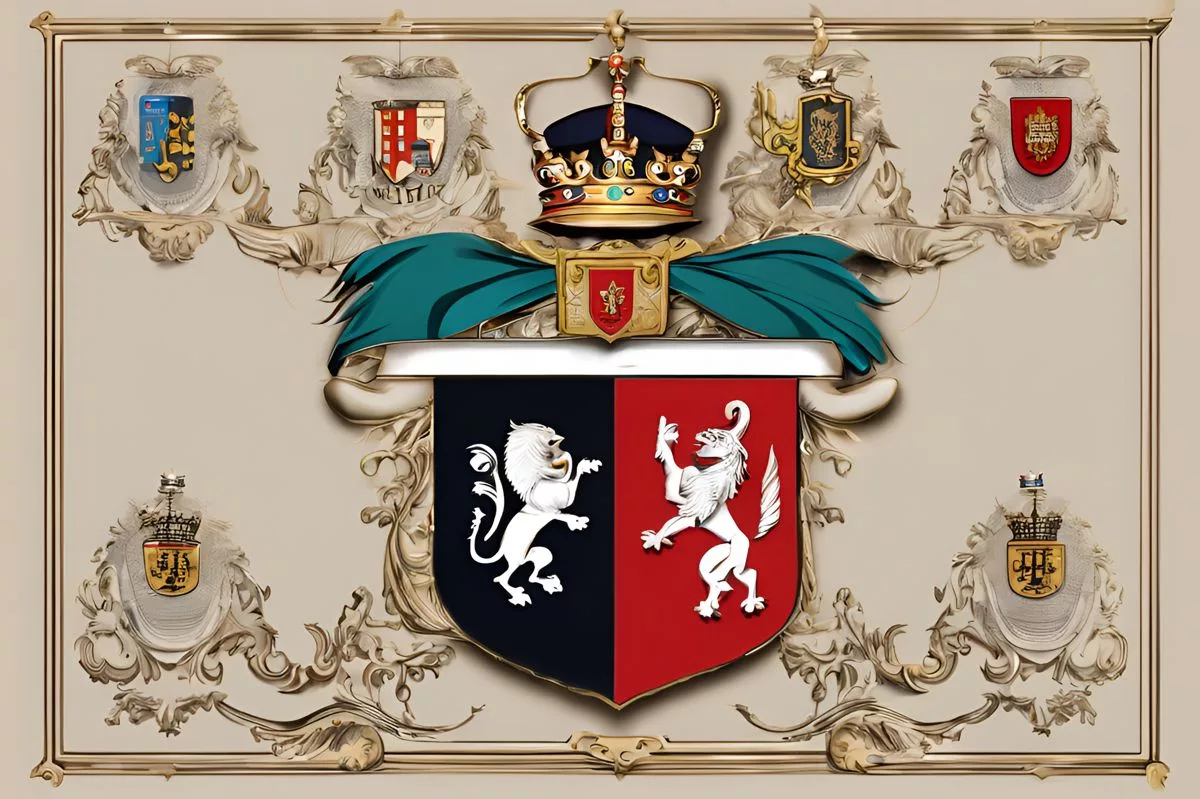Dan Plato, a former Mayor and Member of the Provincial Legislature, recently left the Democratic Alliance (DA) and joined the People’s Movement for Change (PMC), citing his growing discontent with the DA’s shifting priorities and stance on global matters. Plato’s departure marks a significant transformation in his political career, highlighting the ever-changing nature of politics. His move also raises questions about political representation, the need for open discussions on global issues, and the importance of being part of a party whose values resonate with the community it serves.
Who is Dan Plato and why did he leave the DA?
Dan Plato is a former Mayor and Member of the Provincial Legislature who recently left the Democratic Alliance (DA) due to his growing discontent with the party’s shifting priorities. He expressed concern that the DA’s policies are drifting away from addressing the needs of the most vulnerable members of society. Plato subsequently joined the People’s Movement for Change (PMC), highlighting a major transformation in his political career.
Plato’s Departure from DA
The political scene in Cape Town was recently rocked by the announcement of the departure of Dan Plato, a former Mayor and Member of the Provincial Legislature, from the Democratic Alliance (DA). This news, combined with his subsequent association with the People’s Movement for Change (PMC), triggered a flurry of reactions, highlighting a shift in South African politics.
Plato was a long-standing supporter of the DA, nonetheless, his decision to resign was a result of careful thinking rather than a spur-of-the-moment action. He expressed his growing discontent with the DA’s shifting priorities, asserting that the party was moving away from its original promise of protecting the underprivileged sections of society.
Plato voiced his concern stating, “The DA’s policies are drifting away from addressing the needs of the most vulnerable members of our society.” He proposed that this sentiment demonstrates a larger disconnection within the party, rendering it less appealing to those looking for genuine political representation.
Criticism on DA’s International Stand
In addition to this, Plato reproached the DA’s stance on global matters, particularly its outlook on the Israel-Palestine conflict. He voiced his disenchantment with what he perceives as the DA’s stifling of pro-Palestine perspectives within the party. Plato believes that open discussions on global matters are essential, and the party’s perspective on the Palestine issue contradicts this belief.
This concern is not solely unique to Plato. In the same month, another DA leader, Sammy Claassen, who worked as the party’s National Elections Consultant, resigned as well. He mentioned that the DA “muffles the voices of those standing for justice and human rights.”
Shift to People’s Movement for Change
The transition of Plato to the People’s Movement for Change (PMC), led by the former provincial ANC chairperson, Marius Fransman, indicates a major transformation in his political career. Fransman welcomed Plato to the PMC fold, describing the PMC as a sanctuary for the impoverished, the working class, and the middle class. He also highlighted that the PMC is a staunch supporter of a free and independent Palestine.
Fransman added, “Dan’s dedication to social justice resonates with our values. We anticipate working together to ensure that people are at the heart of power.”
Upon Plato’s exit, the DA provincial leader, Tertuis Simmer, acknowledged the resignation, stating the party’s acceptance of his decision and extending good wishes for his future endeavors.
Implications of Plato’s Political Shift
The journey of Plato from the DA to the PMC underscores the ever-changing nature of politics where allegiances fluctuate and ideologies develop. It is a reminder that political landscapes are not unchanging, but are moulded by the principles and values upheld by its influential figures.
The tale of Dan Plato is not just about an individual’s political transition, but it also sheds light on the broader discussion on political representation, the need for open conversations on international issues, and the importance of being part of a party whose values resonate with the needs of the community it aspires to serve. Only time will reveal how this political metamorphosis will modify the political topography of Cape Town and the influence it will exert on its residents’ lives.
1. Who is Dan Plato and why did he leave the DA?
Dan Plato is a former Mayor and Member of the Provincial Legislature who recently left the Democratic Alliance (DA) due to his growing discontent with the party’s shifting priorities. He expressed concern that the DA’s policies are drifting away from addressing the needs of the most vulnerable members of society. Plato subsequently joined the People’s Movement for Change (PMC), highlighting a major transformation in his political career.
2. What is the PMC and who leads it?
The People’s Movement for Change (PMC) is a political party led by the former provincial ANC chairperson, Marius Fransman. The PMC is a sanctuary for the impoverished, the working class, and the middle class. It is also a staunch supporter of a free and independent Palestine.
3. Why did Dan Plato criticize the DA’s international stand?
Dan Plato criticized the DA’s stance on global matters, particularly its outlook on the Israel-Palestine conflict. He voiced his disenchantment with what he perceives as the DA’s stifling of pro-Palestine perspectives within the party. Plato believes that open discussions on global matters are essential, and the party’s perspective on the Palestine issue contradicts this belief.
4. What does Plato’s transition to the PMC indicate?
The transition of Plato to the People’s Movement for Change (PMC) indicates a major transformation in his political career. It highlights the ever-changing nature of politics where allegiances fluctuate and ideologies develop. It also raises questions about political representation, the need for open conversations on international issues, and the importance of being part of a party whose values resonate with the needs of the community it aspires to serve.
5. How did the DA react to Plato’s departure?
Upon Plato’s exit, the DA provincial leader, Tertuis Simmer, acknowledged the resignation, stating the party’s acceptance of his decision and extending good wishes for his future endeavors.
6. What are the broader implications of Plato’s political shift?
The tale of Dan Plato sheds light on the broader discussion on political representation, the need for open conversations on international issues, and the importance of being part of a party whose values resonate with the needs of the community it aspires to serve. It also indicates the ever-changing nature of politics where allegiances fluctuate and ideologies develop. It remains to be seen how this political metamorphosis will modify the political topography of Cape Town and the influence it will exert on its residents’ lives.












